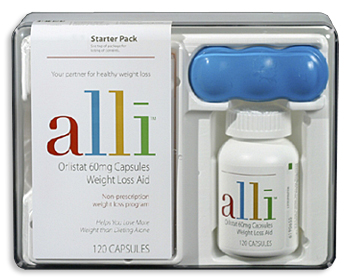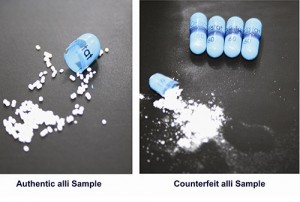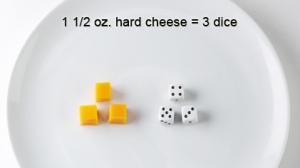 The Agency for Healthcare Research and Quality issued its 2009 National Healthcare Quality Report and National Healthcare Disparities Report on April 13. The 2009 reports include a new section on lifestyle modifications because preventing or reducing obesity is a crucial national goal. The reports found:
The Agency for Healthcare Research and Quality issued its 2009 National Healthcare Quality Report and National Healthcare Disparities Report on April 13. The 2009 reports include a new section on lifestyle modifications because preventing or reducing obesity is a crucial national goal. The reports found:
- One-third of obese adults have NEVER received advice from their doctor about exercise.
- Obese adults who are black, Hispanic, poor or have less than a high school education are LESS likely to receive diet advice from their doctors.
- Most overweight children and one-third of obese adults report that they have NOT been told by their doctor that they are overweight.
- Most American children have NEVER received counseling from their health care provider about exercise, and almost half have NEVER received counseling about healthy eating.
The reports indicate that the lack of health insurance slows improvement in health care quality and reduction of disparities. For many services, not having insurance is the single strongest predictor of poor quality care, exceeding the effects of race, ethnicity, income or education.
So, the BIG question....will expanding health insurance to more people change some of these statistics???? Let's hope so.







